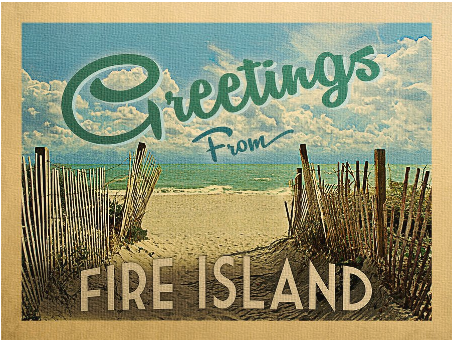Reflecting on a Summer of Research

Time flies! And as the start of the academic year rolls around, I reflect on some of the triumphs and challenges of my summer of research. To learn more about the nature and findings of my project you can listen to my podcast 'Greetings From Gay Paradise!' On Spotify.
One of the unexpected joys of my project was the positive feedback and listener engagement that I received in response to the podcast episodes I produced. I had never engaged with the practicalities of audio production and editing before, so I was thrilled to produce a coherent and professional sounding podcast for a wide range of listeners. I promoted the episodes on my personal social media and found that non-literary listeners and academics alike were able to glean educational, insightful, and moving content from the episodes. I found my skills for writing and story-telling were able to shine through the podcast creation process. Scripting, editing, and promoting my podcast were really enjoyable ways of letting my work produce meaning for people other than myself.
My collaboration with Dr Downey was one of the most rewarding aspects of my summer of research. She provided helpful leads for my primary and secondary reading and acted as a sounding board for various ideas and arguments. . She frequently provided me with pastoral and emotional support; encouraging me to find value in my work and joy in the process of exploration and knowledge acquisition. The experience also served as a great way to get closer with a member of my faculty and learn more about their life and work within academia, something in which I am keenly interested.
The process revealed to me my personal capacity to get lost and absorbed in my work. I felt my greatest research successes occurred when I was able to think synoptically and creatively about the various connections I could make between texts and ideas, bolstered by my own excitement at my research topic and the learning process. A favourite memory of mine was when, having spent all day writing about the utopian act of shoreline-gazing in Auden's poetry, I found a brilliant archive of photographs of Auden stood on Fire Island's beaches, staring out to sea.
I did feel highly challenged by the self-reliance skills that the work demanded of me. Organisation and motivation was difficult, especially as nearly all of my work was conducted alone. In weeks where I felt progress was slowing, I found the best way to overcome blockages and challenges in my reading was to reach out to my Laidlaw peers or my supervisor to ease loneliness and speak aloud through issues. The key logistical issues I faced during my research frequently pertained to the technology involved in the production and editing of my podcast. Microphone problems forced me to rerecord 45-minute-long episodes on more than one occasion and the editing software I was using frequently crashed, froze, and deleted my progress. These moments brought about much frustration and impatience for me, particularly as I felt that dealing with technical issues was not relevant or helpful to my larger research goals. However, following discussion with my supervisor and peers I was able to adjust my approach to frustrating or stalling forces in the research process, I worked instead to accept that even admin tasks were an important element of my research, and although they may not be enjoyable, they do still contribute to overall progress.
Another hindrance which I faced was that some key texts that I had planned to read were inaccessible. A few had fallen out of print and were only available at extortionate prices from rare book sellers, were inaccessible through library systems or open source archives. I found this particularly limiting as rarely read texts are a sign that my work is expanding into novel and under-researched literary spaces. My supervisor gave me an alternative way of viewing these encounters with ‘unreadable texts’ —by no means an uncommon occurrence in literary research. She encouraged me to seek critical value in considering why various texts are no longer being read, and what factors may have contributed to their diminishing audience and/or print. Furthermore, the absence of these books from my primary reading list leaves a space for potential future research if I was able to conduct a longer and more heavily funded project.
Please sign in
If you are a registered user on Laidlaw Scholars Network, please sign in